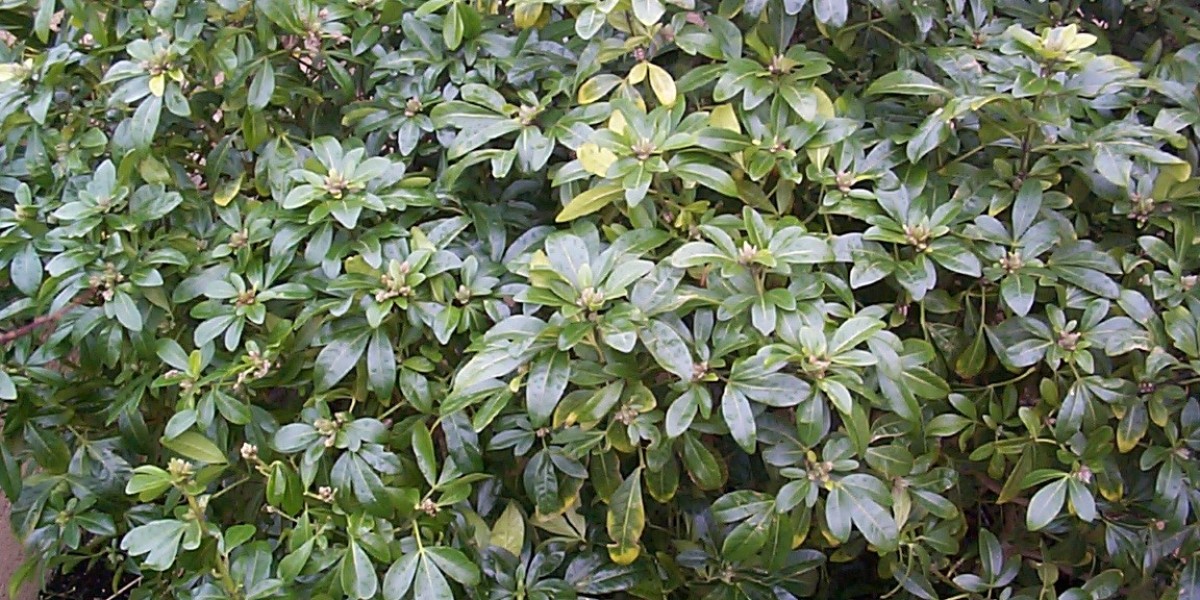KPV Peptide: A Breakthrough for Inflammation, Immunity, and Gut Health
At the core of KPV’s therapeutic potential lies its ability to selectively dampen pro-inflammatory cytokine production while preserving essential immune functions. Studies have shown that KPV can inhibit the activation of nuclear factor kappa B, a key transcription factor that drives the expression of inflammatory mediators such as tumor necrosis factor alpha and interleukin-6. By curbing this cascade, KPV reduces tissue damage associated with inflammatory bowel disease, colitis, and other gut disorders. In addition to its anti-inflammatory properties, KPV has been observed to promote mucosal healing by stimulating epithelial cell migration and proliferation, thereby accelerating the restoration of intestinal barrier integrity.
In terms of immunity, KPV does not act as a blanket suppressor. Instead, it fine-tunes immune responses, allowing natural killer cells and T lymphocytes to maintain their pathogen-fighting capabilities while minimizing collateral damage. This balance is particularly valuable in chronic inflammatory conditions where prolonged immune activation can lead to tissue fibrosis or organ dysfunction. Animal models of arthritis and dermatitis have demonstrated that KPV treatment reduces swelling and pain without compromising the host’s ability to fight off infections.
Gut health benefits extend beyond anti-inflammatory effects. KPV has been shown to modulate gut microbiota composition, favoring the growth of beneficial bacterial strains such as Bifidobacterium and Lactobacillus. A healthier microbial ecosystem contributes to improved digestion, reduced endotoxin translocation across the intestinal wall, and enhanced nutrient absorption. Furthermore, by reinforcing tight junction proteins like occludin and claudin, KPV helps maintain a robust barrier against pathogenic invasion.
What Is KPV?
KPV is a synthetic tripeptide derived from the amino acid sequence lysine-proline-valine. Its small size allows it to penetrate tissues quickly and interact directly with membrane receptors involved in inflammatory signaling. The peptide’s structure enables it to bind competitively to sites on the cell surface that would otherwise recruit pro-inflammatory mediators, effectively acting as a natural brake on excessive immune activation.
The synthesis of KPV is relatively straightforward compared to larger biologics, making it amenable to scalable production and cost-effective formulation. Pharmaceutical companies are exploring various delivery routes—oral capsules, topical creams, and intravenous infusions—to maximize its therapeutic reach. Early clinical trials have reported favorable safety profiles, with minimal adverse events noted even at higher dosages.
Expert Favorites
Several leading researchers in immunology and gastroenterology have championed KPV as a next-generation anti-inflammatory tool. Dr. Elaine Thompson of the National Institute for Digestive Diseases highlighted KPV’s dual role in suppressing cytokine storms while preserving mucosal immunity, citing its potential to reduce reliance on broad-spectrum steroids. Meanwhile, Professor Miguel Alvarez from the University of Barcelona praised KPV’s microbiome-friendly profile, noting that it does not disrupt commensal bacteria as many conventional anti-inflammatories do.
In the realm of clinical practice, Dr. Susan Patel, a gastroenterologist in New York, https://telegra.ph/GutTides-Revolutionizing-NuBioAge-Measurement-10-09 has incorporated KPV into her treatment protocol for patients with refractory ulcerative colitis. She reports significant reductions in flare frequency and an overall improvement in quality of life for her patients after just a few weeks of therapy. Similarly, dermatologist Dr. Ravi Singh employs KPV topically for chronic eczema, observing faster lesion healing and decreased itching without the side effects associated with long-term corticosteroid use.
These endorsements underscore a growing consensus that KPV’s targeted mechanism offers a safer, more precise alternative to traditional anti-inflammatory drugs. As research continues, it is likely that additional therapeutic indications—such as neuroinflammation or metabolic syndrome—will emerge, further solidifying KPV’s status as a versatile peptide with wide-ranging clinical promise.








